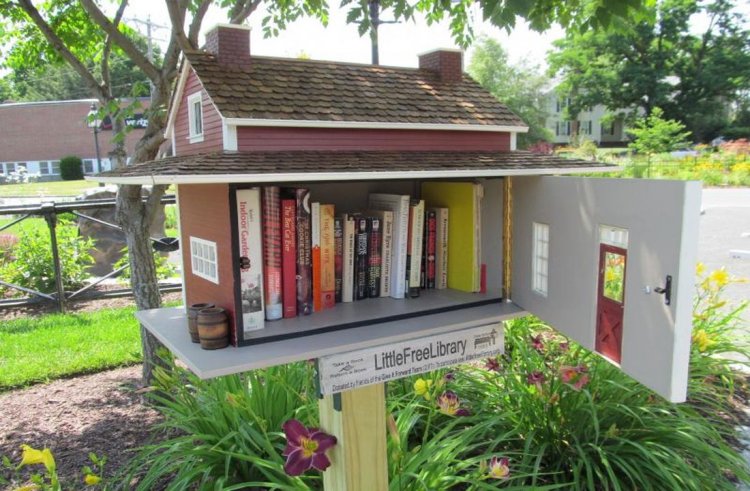These Books Should never be donated to Little Free Libraries or Anywhere else.
These Books Should never be donated to Little Free Libraries or Anywhere else.
Although used books are fantastic, some do not belong in the donation bin.
Updated on January 03, 2022 09:41 AM by Andrew Koschiev
If your personal library has outgrown your home's bookcases, it's probably time to downsize. Donating old books to your local library, secondhand store, or Little Free Library is a terrific way to find new homes for them, but some volumes aren't suitable for donation. It is your responsibility as a donor to understand the differences.
The purpose of giving books is to be read by someone else. And, just like clothes, food, toys, and other donated items, the secondhand book you donate should be helpful rather than a pile of trash for someone else to cope with. Ask yourself two questions before donating a book: Is it physically possible for someone to read this at this time? If that's the case, why would anyone want to?
Don't contribute books that are in bad condition

Donated books don't just move from your tote bag to the shelf; they must be sorted first. There's no use in donating books that are too damaged to read because they will be thrown out, recycled, or sent out for repairs.
Do everyone a favor and dispose of a book that is unclean, moldy, stained, torn, sun-bleached, water damaged, missing pages, filled with margin notes, busting apart at the spine, or otherwise damaged to the point of being unreadable. You'll save a lot of time for library staff, volunteers, and your fellow readers.
Add Block
Don't give away books that are far out of date

Some books age better than others, although the physical condition is rarely a factor. Old information is ineffective at best and hazardous at worst, so think twice about getting rid of any old books. The following are the two primary categories to keep an eye on.
- Out-of-date information in books
Textbooks, technical manuals, how-to instructions, and travel guides from the past are among the least useful publications you may donate; anyone who picks them up will find them useless. Enthusiasts or collectors might be interested, but they'll need to locate the book first—which they won't be able to do if the library's or Goodwill's donations manager (properly) refuses to put your Y2K survival manuals or 2004 chemistry textbook on the shelf.
An ARC, or advanced reader copy, is a little more specialized example of out-of-print literature. These are basically early, unofficial book manuscripts that publishers send out for review purposes before release day. Because ARCs are not the final edition of a book, they may contain typos, grammatical errors, and other minor flaws that the author and editor will correct before the manuscript is sent to print. As a result, libraries do not accept ARC contributions, so if you have a stack, don't put them in a box and send them to your local library.
- Content that is racist or otherwise harmful
Perhaps it goes without saying, but if you're looking to get rid of a book because it's racist, homophobic, transphobic, misogynist, fatphobic, or just plain unpleasant, don't put it back out into the world.This is especially crucial if you plan on donating to your local Little Free Library; LFLs are frequently aimed at children and families, and the less bigotry they absorb, the better.
What to do with books that aren't suitable for donation

So you've whittled down your donation pile to the most valued, desirable titles, and now you're stuck with the second stack of books. What should I do? There are still a few options available to you:
Offer them for sale: Your best bet for finding a home for super-niche and/or outmoded books is to post them on a resale site like eBay or Craigslist. Simply make sure they're in good, readable shape.
Switch them around: Even in pristine condition, ARCs are challenging to donate, although your friends and family may be interested. If you have advanced reader copies of popular books, see if anyone wants them. It's better to have a few errors than wait three months for a library copy.
Recycle or throw them away: It's fine if a book is intended for the great recycling center in the sky. Check your local recycling standards to see if books are accepted, and if they aren't, contact your library for assistance.
In the end, it's your obligation to consider who might genuinely want to read the books you're donating. It's the best way to ensure that your books end up in the right place, whether it's a Little Free Library or the recycle bin.





